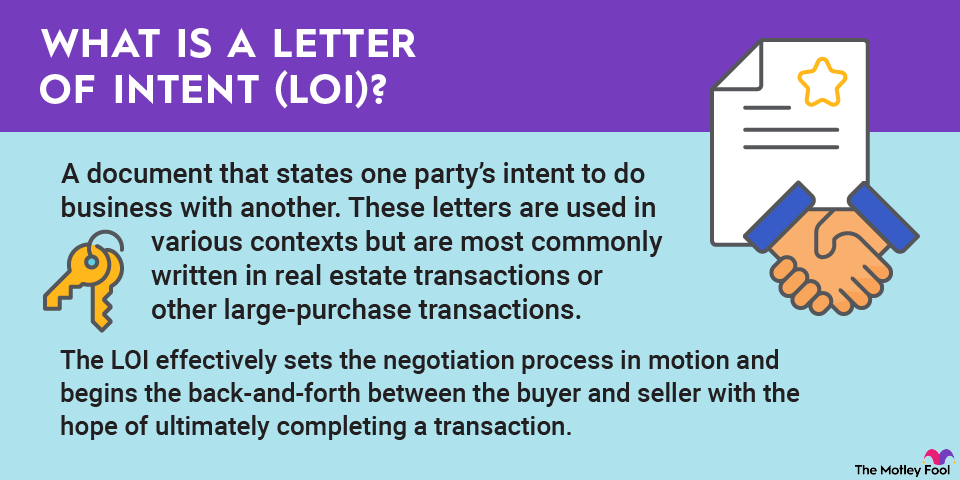Loan officers are the quarterbacks of the loan process. They communicate, coordinate, and consult to get loans funded on time. Read on to learn the specifics of a loan officer's job and how to find good loan officers and work with them successfully.

What is a loan officer?
A loan officer manages loan applications for a bank, credit union, or financial institution. The officer works directly with applicants to help them identify the right type of loan for their circumstances and guide them through the application process. Some loan officers are also responsible for sales outreach to find new customers.
Behind the scenes, loan officers also engage their team members to move the loan through the steps required to fund borrowing. These steps include information gathering, underwriting, and document execution.
Underwriter
What are a loan officer's responsibilities?
A loan officer's responsibilities fall into two general categories: customer support and internal coordination. Specific duties may include the following:
- Conducting sales outreach: Common sales tactics include emailing, cold-calling, and following up on customer inquiries, referrals, and leads.
- Generating prequalification and preapproval documents: Mortgage loan officers will collect basic financial information from applicants and run credit reports to generate prequalification or preapproval letters. These documents roughly estimate the applicant's borrowing capacity.
- Explaining and reviewing loan applications: The loan officer answers applicants' questions about the loan application. They also review submitted applications for completeness.
- Consulting with clients: There may be several appropriate loan programs for the applicant, each with different terms. For example, one may have a low interest rate and another lower up-front costs. The loan officer will obtain an understanding of the client's goals and recommend the best option.
- Collecting documentation: Loan officers gather documents needed to fund the loan, either directly from the borrower or another entity. Documents requested can include tax returns, employment verification forms, and alternate name statements.
- Coordinating with underwriting: A loan officer packages the application and supporting documentation and sends it to underwriting for verification and final approval. If the underwriting team needs more information, the loan officer will work with the applicant to get it.
- Managing deadlines: Mortgages and business acquisition loans are particularly deadline-driven. The loan officer is responsible for managing the timeline so the loan is funded on its scheduled date.
Types of loan officers
Loan officers specialize by loan type. So, the person who manages business loans in a large bank probably doesn't also work with mortgage applications. The general categories of loan officers are mortgage loan officers, consumer loan officers, and commercial loan officers.
Mortgage loan officers work with applicants who are buying residential or commercial properties. As a prospective homebuyer, you have the option to work with a mortgage loan officer or a mortgage loan broker.
Financial Institution
Here's the distinction: A loan officer is employed by a specific lender or financial institution. The broker is an independent professional who can shop many lenders to find the best loan. Officers are paid by their employers. Brokers may earn a commission from the lender and/or charge a fee to the borrower.
Consumer loan officers facilitate funding for individuals. In a larger financial institution, consumer loan officers may specialize in one type of consumer loan, such as an auto loan or personal line of credit.
Commercial loan officers manage business loans, often for commercial banks. These professionals may be further specialized by business size -- small business, middle market, or enterprise -- or loan type. Commercial loan types include asset-backed loans, cash-flow loans, and syndicated loans, among others.
How to vet and work with a loan officer
A great loan officer manages a straightforward loan process with minimal surprises. They are knowledgeable, organized, efficient, and reachable. By contrast, a poor loan officer might lose documents, fail to return phone calls, be unable to answer questions accurately, and miss deadlines.
Whether you need funding for a $1 million home purchase or a $20,000 used car, you want a straightforward lending experience -- not one fraught with difficulties and miscommunication. To find a great loan officer, first, lean on your network. For consumer loans, ask family and friends for referrals. For commercial loans, reach out to colleagues.
You should also interview prospective lenders and their customers if you can. For mortgage loan officers, specifically, ask for their Nationwide Mortgage Licensing System number. Then, look them up at NMLS Consumer Access.
Finding the right loan officer goes a long way toward streamlining your loan process, but you share some responsibility here, too. Follow the guidelines below to support your loan officer and the loan process.
- Ask for a timeline. The timeline should highlight items that are your responsibility, such as sharing financial documents.
- Clarify details and keep notes. Don't make assumptions about your loan or the process. Ask questions and keep a dated log of important details.
- Communicate. Communicate your goals for the loan. Tell your loan officer immediately if something changes. Also, let your loan officer know right away if you can't locate a document or are in danger of missing a deadline.
- Follow up. If you send a document or requested information, follow up to ensure it was received. Ask for updates as needed.
Related investing topics
Basically, you can position your loan for success by setting the tone. Be communicative, professional, and responsible and encourage your loan officer to do the same. That won't eliminate surprises from the loan process, but it will allow you and your loan officer to collaborate effectively if unexpected issues arise.


















